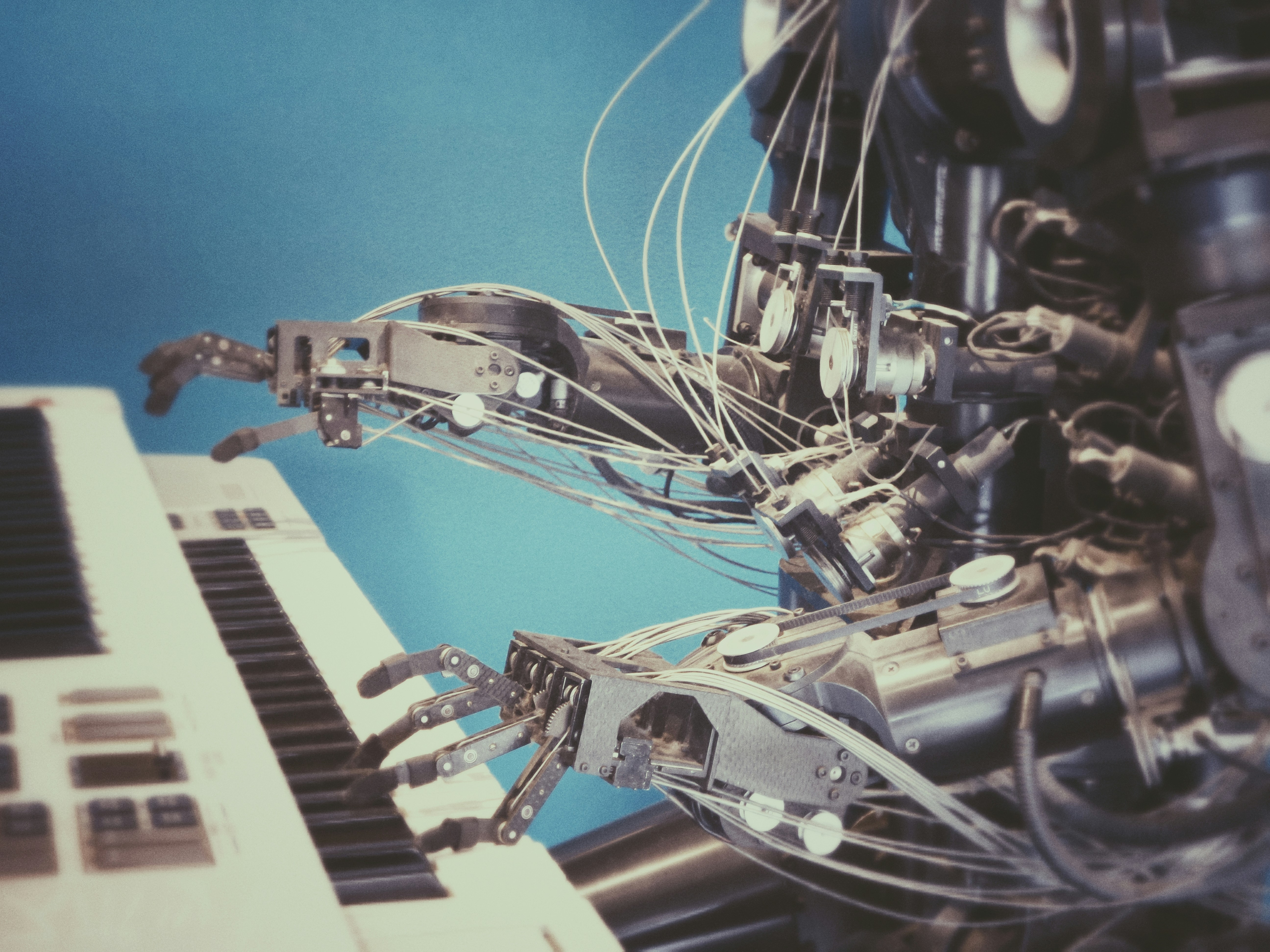Addressing Bias and Ensuring Fairness in AI Systems
April 2, 2024 | by learntodayai.com

Artificial Intelligence (AI) systems have become an integral part of our daily lives, influencing various aspects of society, from healthcare to finance and beyond. While AI has the potential to bring about tremendous advancements and benefits, it also raises concerns regarding bias and fairness.
Understanding Bias in AI Systems
Bias in AI systems refers to the unjust or prejudiced treatment of certain individuals or groups based on their characteristics, such as race, gender, or age. This bias can occur due to a variety of reasons, including biased training data, flawed algorithms, or the lack of diversity in the development teams.
One of the main challenges in addressing bias in AI systems is the reliance on historical data, which often reflects societal biases and inequalities. If the training data used to develop an AI system is biased, the system will likely perpetuate and amplify those biases in its decision-making processes.
The Impact of Bias in AI Systems
The consequences of bias in AI systems can be far-reaching and have real-world implications. For example, biased AI algorithms used in hiring processes may discriminate against certain individuals or favor specific demographics, leading to unfair hiring practices.
In healthcare, biased AI systems can lead to disparities in diagnosis and treatment. If an AI system is trained on data that primarily represents a specific demographic, it may not accurately diagnose or provide appropriate treatment options for individuals from different backgrounds.
Bias in AI systems can also perpetuate social inequalities and reinforce existing power imbalances. For instance, biased algorithms used in predictive policing can result in the over-policing of certain communities, leading to increased surveillance and unjust treatment.
The Need for Fairness in AI Systems
Ensuring fairness in AI systems is essential to prevent discrimination, promote equal opportunities, and build trust among users. Fairness means that AI systems should treat all individuals fairly and impartially, regardless of their characteristics or background.
Developers and organizations must actively work towards creating AI systems that are designed with fairness in mind. This involves addressing bias in training data, improving algorithms to mitigate bias, and fostering diversity and inclusion in AI development teams.
Methods to Address Bias and Enhance Fairness
There are several approaches that can be taken to address bias and enhance fairness in AI systems:
1. Diverse and Representative Training Data
Using diverse and representative training data is crucial to reduce bias in AI systems. By including data from a wide range of sources and demographics, developers can ensure that the system learns from a more comprehensive and unbiased dataset.
2. Regular Auditing and Testing
Regularly auditing and testing AI systems can help identify and mitigate biases. This involves evaluating the system’s performance across different demographic groups and ensuring that it does not disproportionately favor or discriminate against any particular group.
3. Explainability and Transparency
AI systems should be designed to provide explanations for their decisions and actions. This transparency allows users and stakeholders to understand how the system arrived at a particular outcome and helps identify and address any biases or unfairness.
4. Inclusive Development Teams
Encouraging diversity and inclusion in AI development teams can lead to a more comprehensive understanding of different perspectives and experiences. This can help identify and address potential biases in AI systems during the development process.
5. Ongoing Monitoring and Feedback
Continuous monitoring and feedback from users and stakeholders are essential to identify and correct biases that may emerge over time. This iterative approach allows for the improvement and refinement of AI systems to ensure fairness and minimize bias.
Conclusion
Bias and fairness in AI systems are critical issues that need to be addressed to ensure the responsible and ethical development and deployment of AI technologies. By understanding the impact of bias, promoting fairness, and implementing strategies to mitigate biases, we can create AI systems that are more reliable, trustworthy, and inclusive.
RELATED POSTS
View all


